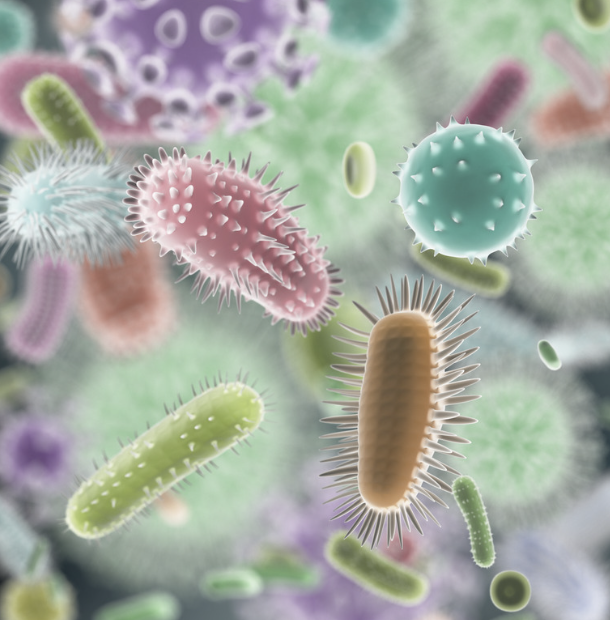What is it?
This is a sexually transmitted bacterium. Any gender can have this.
What are the symptoms?
- Discharge from your vagina or penis
- Pain during sex
- Pain during urination
- Pain in the pelvic area
- Bleeding — either between periods or after sex
**it is important to note that not everyone has symptoms (in fact most infected with Mycoplasma genitalium show no symptoms at all)
Why does this matter?
Leaving Mycoplasma genitalium untreated can lead to a range of further complications which include:
- Fertility concerns
- This particular bacterium is increasingly associated with fertility concerns. We would therefore especially advise anyone struggling with fertility to see if this is a contributing factor at all.
- It has been linked to: infertility, ectopic pregnancy, risk of preterm birth
- PID (pelvic inflammatory disease)
- Sustained infection in the lower microbiomes can progress upwards, leading to infections higher up in the reproductive organs. PID is a condition in itself and has a range of unpleasant implications — for more information on this please read here.
- Inflammation, disease and pain
- This bacterium promotes dysbiosis in the vaginal microbiome. Such is associated with inflammation and consequently pain. Further the presence of such makes it easier for other infections to colonise the vaginal microbiome, leading to a cycle of recurrent infections, with all of the associated knock-on effects of this.
- This infection has also been linked by some papers to playing a role in tumour development.
How do I know if I have it?
Mycoplasma is not routinely checked for by Sexual Health Clinics, however it is offers to you if your partner has tested positive for such.
Alternatively, a full NGS screening will determine whether you have Mycoplasma genitalium present. This is because 100% of the bacteria present are screened, and reported. [In fact, NGS screening tests for all species of Mycoplasma].
Is there any treatment?
Mycoplasma genitalium can be difficult to get rid of. Many common antibiotics work by destroying or damaging a pathogen’s cell walls, however this bacterium does not have a cell wall, therefore these drugs are not very effective. Therefore, you often need specifically prescribed antibiotics to treat this infection.
How to prevent it?
Once you have successfully been treated for this infection, you should not stop there, particularly as antibiotics don’t just wipe out the ‘bad’ bacteria present (like Mycoplasma genitalium), but they also often wipe out a large number of the ‘good’ bacteria in your microbiomes.
This means it is important to reintroduce ‘good’ bacteria and promote a healthy environment for such to colonise. This is why ScreenMe packages all come with a free 1:1 consultation with an intimate health practitioner, who creates a bespoke plan of action with you. This includes diet and lifestyle tips, supplement and product recommendations, as well as teaching you how best to optimise your intimate health for the future. ScreenMe empowers you with knowledge about your own body, so that you can take ownership of your own health.
It is also important consider who your sexual partners are and whether they have been tested for such. As this is sexually transmitted, you should avoid having sex while being treated, as well as take appropriate precautions for when you do start having sex again.
ScreenMe provides answers AND solutions.
Jessica Hobbis







